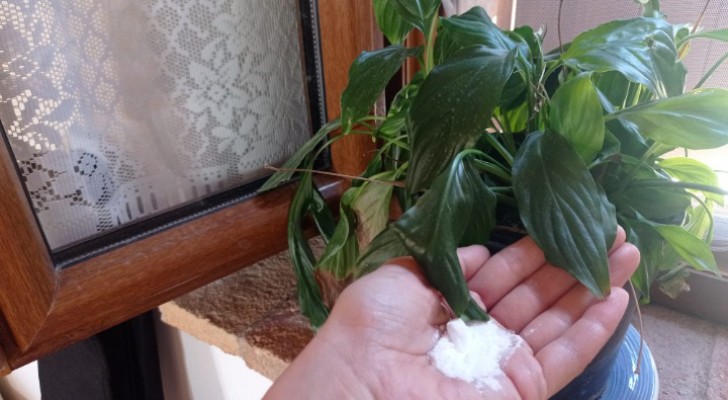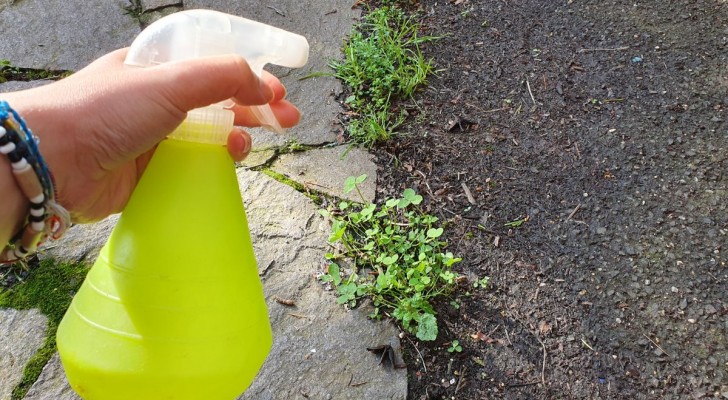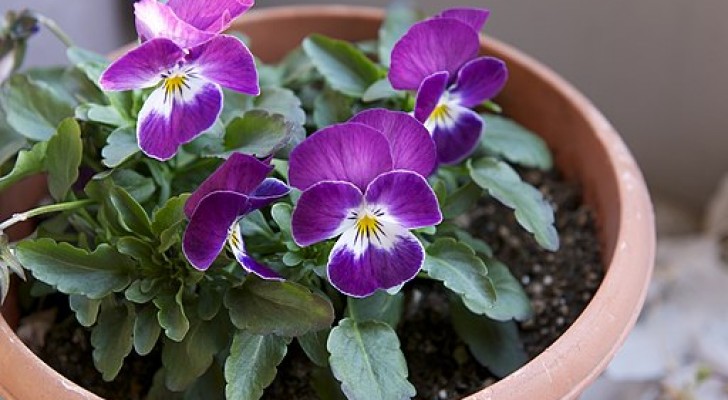Milk as a natural fertilizer for your plants: does it really work?
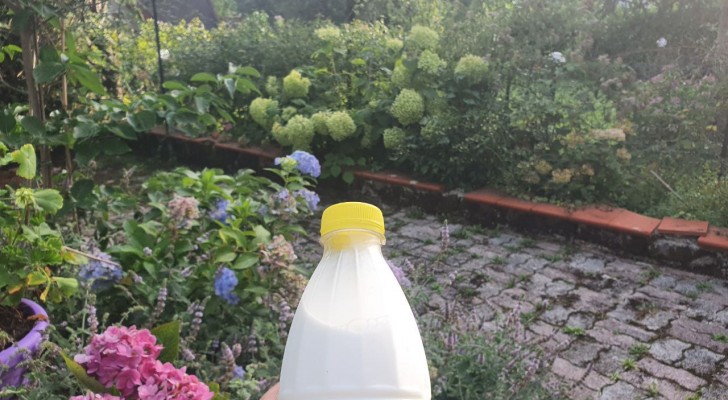
Many of us consume milk on a daily basis, especially during breakfast time. There are times in which it is used in the preparation of some sweet or savory recipes, but outside of culinary uses we usually have no other uses for milk (which is important in the diets of many people).
But milk can also work in the garden - especially as a fertilizer and as a remedy for fungi and parasites. Or so tit is claimed - but is this really true? And if so, what type of milk should you use? How should it be administered? Read on to find out more:
via Kerry Michaels - The Spruce
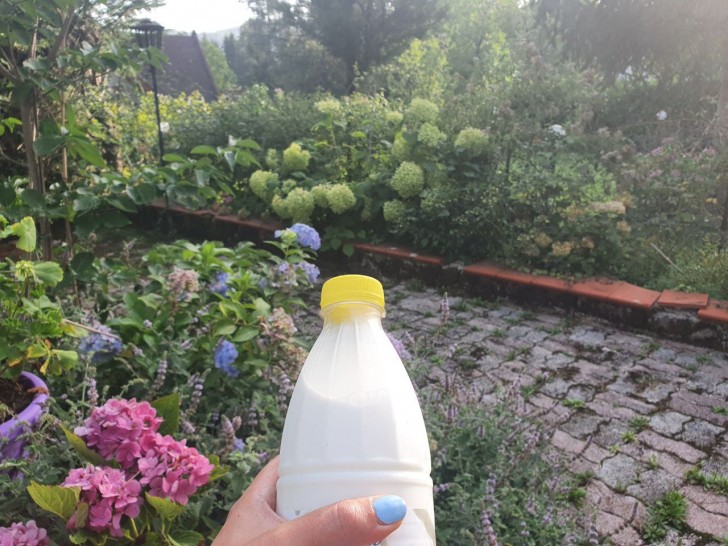
Creativo
The advantages of milk in the care of plants:
- Milk contains calcium, which helps prevent buds from rotting before flowering (and this property has been noted in particular in the cultivation of vegetables such as zucchini and tomatoes);
- As an antifungal, especially in the treatment of powdery mildew;
- Fertilizer, due to its vitamin B content.
What type of milk should I use?
You can use fresh milk, but also expired and even powdered milk will work. A low-fat type is recommended. In any case, the milk must be diluted and must not be used excessively or too often.
How is milk used in plant care?
- Fill a spray bottle halfway with water, and the rest with milk;
- Spray on leaves, and after half an hour, check that the mixture has been absorbed. If necessary, remove ay excess with a cloth;
- Alternatively, pour the diluted milk directly onto the soil around the plant's stem.
Effectiveness:
This is not a miracle remedy, but is suitable for treating milder cases of fungal diseases or parasite infestations. For more serious problems, it is best to use specific remedies.
As for the ability of milk to stimulate more vigorous growth, there is actually some doubt about this. Certainly, milk does not harm the plants, if well diluted and used only occasionally. Since, however, the organic component of milk is low, using it in the place of more effective fertilizers ends up being more expensive and less effective.
Have you ever tried this remedy?
